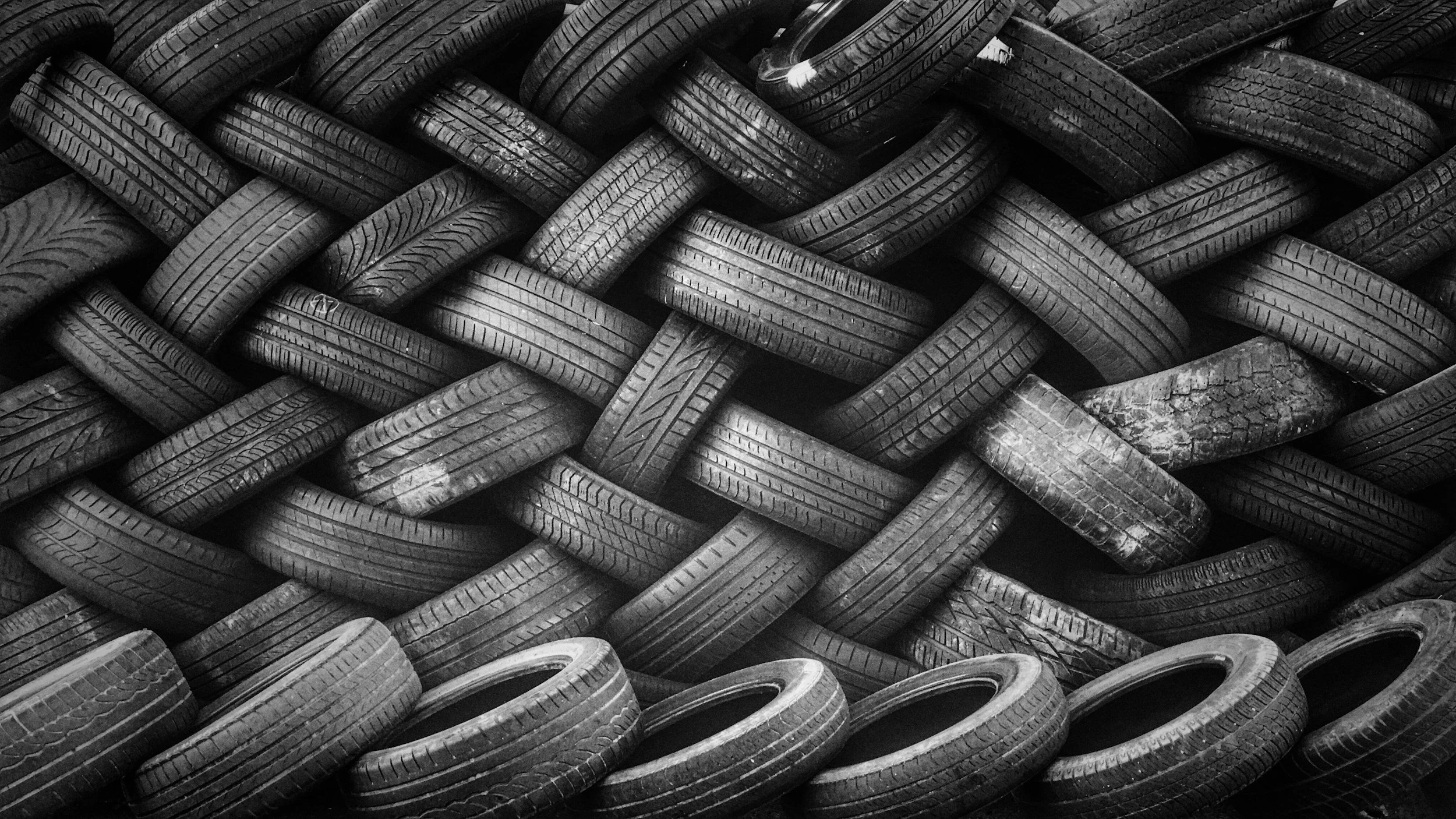microplastic (noun): a tiny particle of plastic, especially one five millimeters or smaller in diameter
LAUNDRY: THE HIDDEN THREAT
Laundry is the largest source of microplastics into the environment, accounting for 35% of total emissions. Billions of microfibers are emitted into the environment from washing clothing every year.
Sign up for The Spill, Your Weekly Microplastics Update
We’ll keep you updated with the latest research, news, and what experts recommend for you to keep microplastics out of your home

How Do Our Clothes Emit Microplastics?
Every wash cycle, up to 1.5 million plastic microfibers are emitted into our waterways. When we run a load of laundry, the rough wash cycle creates tiny abrasions in your clothes, causing plastic fibers from your clothing to escape into the water.
When washing machine waste water drains after each cycle, microplastics are carried away with it, escaping into our waterways. From there, the contaminated water flows into local sewage systems and eventually into household drains. Plastic particles also spread throughout the ocean, breaking down even smaller and making their way up the food chain.
How do Microplastics Spread Through the Water?
Why You Should Be Concerned.
Microplastics have been found in the human blood, brain, placenta, urine, breast milk, testicles, bone marrow, and more.
What Can We Do About It?
Make a difference in your own home, capturing over 90% of the microplastics from your washing machine with CLEANR’s Microplastic filter for washing machines.
CLEANR’s Premium Microplastic Filter
Drag the slider to see what a CLEANR Pod looks like after capturing microplastics.
Clean CLEANR Pod (left) | Full CLEANR Pod (right)
Legislative Requirements for Microplastic Filters
-
France passed a law in 2020 requiring all new washing machines to include a microplastic filter, with enforcement pending an official decree to define technical specifications.
-
The United Kingdoms’ Microplastic Filters Bill was introduced in 2024 to require all new washing machines to include a microplastic filter and is scheduled for a second reading in 2025.
-
The Fighting Fibers Act, introduced in July 2025, would mandate microplastic filters in all new U.S. washing machines by 2030. It’s currently under Senate committee review, awaiting debate or amendments.
California passed AB 1628 in 2023 to mandate microfiber filters in new washing machines by 2029, but it was vetoed by Governor Newsom pending additional cost and research considerations.
Oregon introduced Senate Bill 526 in 2025, which would require all new washing machines sold in the state to include a built-in or in-line microfiber filter by January 1, 2030. The bill is currently under committee review in the state Senate.
New Jersey introduced two microfiber-related bills: one would require all new washing machines sold in the state to include a microfiber filter by January 1, 2030 (S3619), and another would offer $100 rebates to residents who purchase filters (S3281). Both bills are currently under committee review.
New York introduced S5605C in 2025, the “Washing Machine Microfiber Filtration Act,” which would require all washing machines sold after January 1, 2030 to include a built-in microfiber filter and clear labeling with usage instructions. The bill is currently under committee review in the state Senate.
Pennsylvania’s proposed bill HB 2568 would mandate microfiber filters in all washing machines by 2030, currently under consideration in the House Environmental Resources & Energy Committee.
While proposed bills in Illinois offering rebates for microfiber filters or tax credits to manufacturers did not pass, House Bill 1370, requiring filters in residential, commercial, and state washing machines by 2030, is still under review in the Rules Committee.
-
Australia plans to phase in microfiber filters for new residential and commercial washing machines by July 1, 2030, under its National Plastics Plan.
-
Ontario’s bill would require microplastic filters on all newly sold washing machines, under penalty of heavy fines, effective in 2028. It passed First Reading and was referred to Standing Committee.
Microplastic Sources:
-

Clothing - 35%
With every load of laundry, around 700,00 to 1.5 million plastic microfibers are emitted into our waterways. The fibers are torn from the clothing as they are spun quickly in the washer, similar to how lint is produced from drying clothes. Textile abrasion is a primary source of microplastics, and it contributes to 35% of the problem.
-

Tires - 28%
As you drive your car, the plastic tire slowly degrades from the friction with the road. This can be visually seen as the treads on tires are reduced in size. Tire abrasion is a primary source of microplastics, and it makes up 28% of the problem.
-

Additional Sources - 37%
When plastic bottles and bags reach the ocean, they are broken down into smaller pieces from sunlight and the force of the waves. These are secondary sources of microplastics, combining to make up 37% of the total problem.







